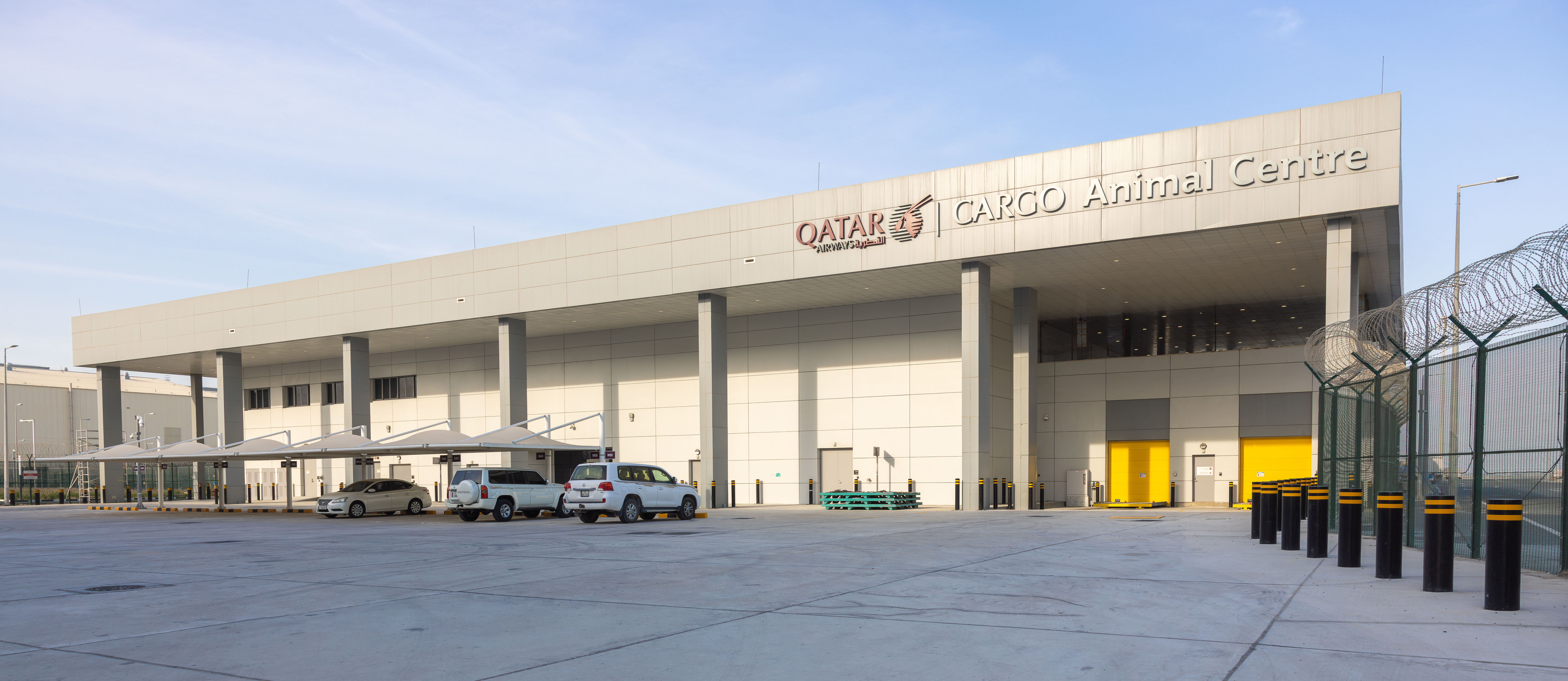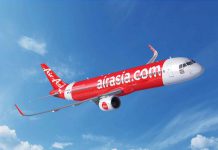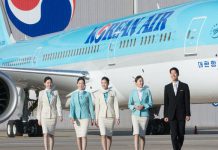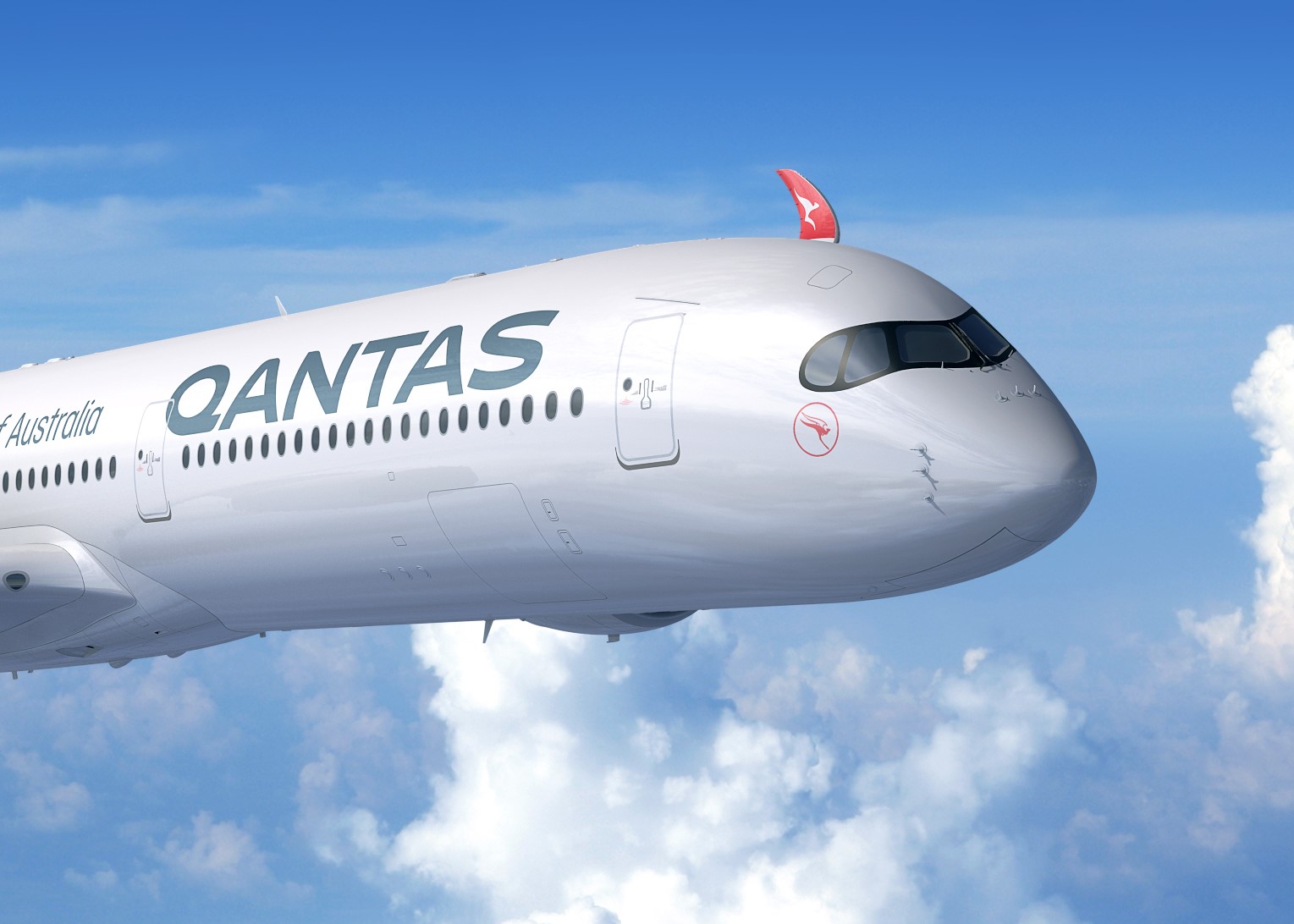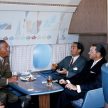Qantas pilots will vote directly on a new enterprise bargaining agreement crucial to the airline’s Project Sunrise flying after negotiations between the company and their union ended.
The Australian and International Pilots Association told its members on Friday that management had called an end to negotiations on a long-haul enterprise agreement.
AIPA president Mark Sedgwick said in the email on Monday they would be asked to vote between March 20 and March 30 on a deal put to them by Qantas management.
READ: US upgrades coronavirus travel warnings to Italy, South Korea and Iran.
The vote needs to be completed before a March 31 deadline to confirm the order of new A350-1000 aircraft intended for the Sunrise flying between Australia’s east coast and New York and London.
Sedgwick said there were elements in the management package that were the result of efforts by the union but it reflected the terms and conditions Qantas said it needed to meet the Project Sunrise business case.
“The current situation is unprecedented and it remains obviously upsetting and difficult for members,’’ he said.
“The company’s ultra-aggressive approach is not welcome to a group of loyal and key employees in the airline. Unfortunately, Qantas (is) forging ahead with this program of change.”
Differences are understood to include proposed pay for new-hire second officers and the seniority of the crew on the ultra-long-haul flights.
Qantas said last month it intended to proceed with the strategy regardless of whether it struck a deal with its pilots, although that was its preference.
It warned at the time that it would put a vote directly to pilots if it could not reach an agreement with AIPA.
If the pilots failed to vote up the agreement, it would then set up a separate “employment entity” that would give it the needed cost base to operate Sunrise.
Qantas boss Alan Joyce said at the airline’s interim results that he had been contacted by an Australian pilot who said he could entice expatriate pilots from Asia to staff the new unit and was prepared to set up a company to do it.
That possibility remains and is one existing pilots are keen to avoid. AIPA has indicated it will play a role in drafting the proposed enterprise agreement to guard pilots’ interests.
The union said its Committee of management would provide guidance to members ahead of the vote but refuted suggestions it had told the company that its package would be well-received.
Sedwick described the vote as “the devil’s choice” and said it was ironic that AIPA had spent considerable time, time resources and money in the past to stop outsourcing.
“There is no suggestion that the package that Qantas is offering is a deal that AIPA finds totally acceptable,” he said.
The union is also unhappy about the airline’s new fatigue risk management system and has written to the Qantas board and to the Civil Aviation Safety Authority about potential safety risks with the ultra-long-haul flights.
It is worried that Qantas fast-tracked the FRMS to fit in with its Project Sunrise investment decision, although both the airline and CASA deny this.
“Pilots operate in a working environment which requires a high level of judgement and decision making, operating between time zones and managing interrupted periods of sleep,’’ the letter said.
“ULR flying tests the technical limits of aircraft and the ability of crews to operate effectively over long periods.
“Although AIPA and its members are committed to working with Qantas to deliver Project Sunrise, it is critical the Board understands that the project involves multiple safety and regulatory issues which need to be adequately and actively addressed by Qantas before commercial flights commence.”
Separately, the Transport Workers’ Union has called for a pay deal ballot put to ground workers by management to be scrutinized to ensure 28 workers who failed to vote had proper access to electronic voting.
The TWU narrowly lost the ballot.


